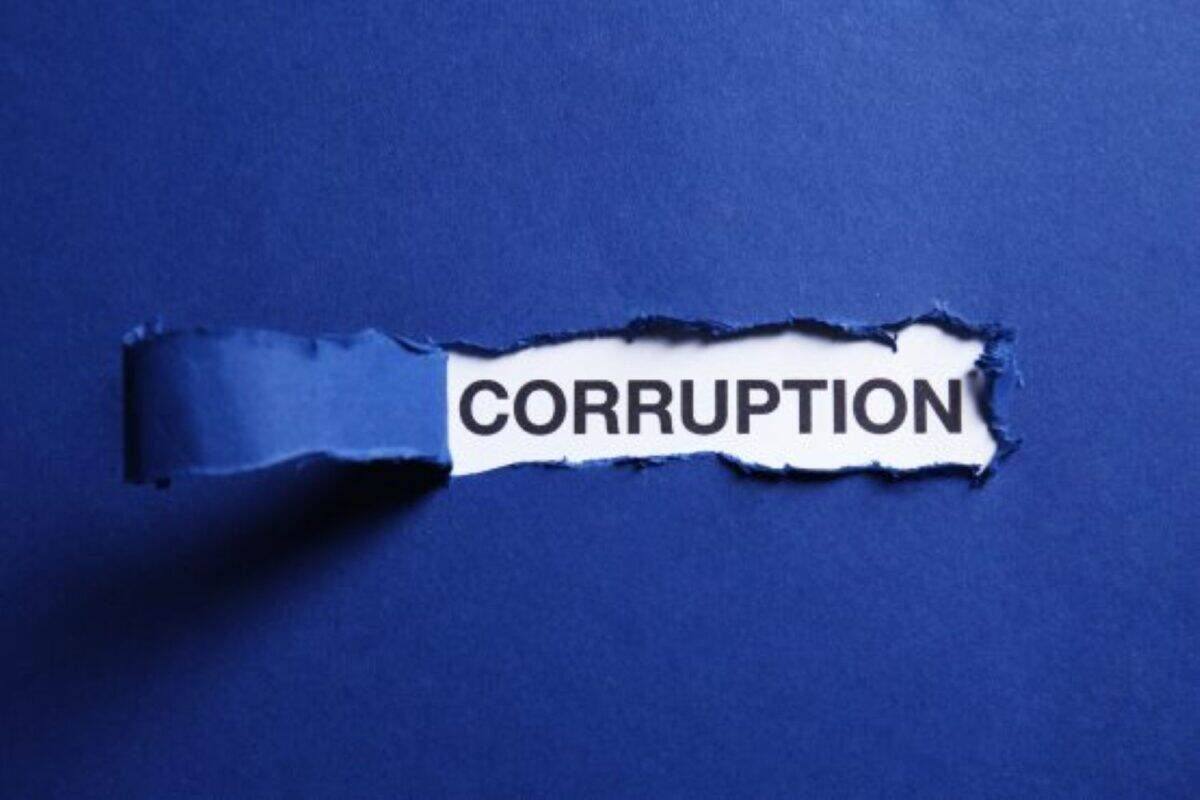South Africa’s ruling elite continues to evade accountability, while lessons from China show that corruption can be confronted with resolve.

We were profoundly mistaken to believe that the end of apartheid and the rise of a black-led democratic state would usher in a new era of integrity or, at the very least, curb corruption.
Yet, judging by the current trajectory, it seems the most troubling chapters may still be ahead of us.
From a rural clinic to an urban traffic department, all the way to the highest office in the land, corruption persists across the public system.
It has reached a stage where corruption has become normalised.
In the past 30 years, less than a dozen politicians have seen the inside of a prison cell, or been expelled from the party.
You struggle to use the 10 digits of your hands to count those who once wore the orange overalls behind bars.
Our politicians steal with impunity while wielding their influence to undermine the justice system, ensuring that police investigations are obstructed.
The latest is the suspended minister of police, who confessed to disbanding a task team probing the scourge of political killings.
ALSO READ: Peter Hain slams ANC corruption in new book
There are allegations of his link to criminal syndicates.
The minister joins a long line of ANC members linked to scandals – from Bosasa, Nkandla and state capture, to the Free State asbestos roofing replacement to the Alexandra Renewal Project, the eThekwini waste management saga, corruption at Pretoria police headquarters and the theft of Nelson Mandela memorial funds in Buffalo City.
These and many other smallanyana skeletons have been buried by influential figures.
Only a handful unlucky ones, including John Block, Tony Yengeni and Jackie Selebi, ever saw the inside of a jail cell.
Corruption is rarely punished. Instead, political figures implicated in wrongdoing are often rewarded with promotions to higher state offices, or elected to senior positions in their parties.
For some, mere accusations of corruption have become a badge of honour rather than a source of shame.
Yet there are lessons to be drawn from countries like China, where corruption is met with swift and severe consequences – even within the ruling party.
ALSO READ: ‘Not my close relative’: Ramaphosa distances himself from corruption-linked Maumela
As allies of the Communist Party of China, our politicians are well aware of this reality, yet they choose a different path.
Last week, I came across a surprisingly unbiased article on CNN World emanating from Reuters – rare for a Western news outlet, detailing how the party expelled two top army generals serving in the People’s Liberation Army.
The report quoted China’s defence ministry spokesperson, Zhang Xiaogang, saying He Weidong, the second in command, Navy admiral Miao Hua and seven others “seriously violated party discipline and are suspected of serious duty relation crimes involving an extremely large amount of money”.
The party’s anticorruption drive and its eightpoint decision introduced in 2012, has significantly reshaped China’s governance landscape.
As Chinese affairs expert Prof David Monyae recently noted in a local publication, the eight-point decision “offers a compelling model for African nations striving to strengthen accountability, improve public service delivery and rebuild trust in leadership and governance”.
On corruption, Monyae quoted Xi Jinping, the party’s general secretary, as saying: “Combating corruption is the most important political issue that concerns the people’s trust and support. It is a fight that we cannot afford to lose…”
Xi’s message is something that, as South Africa, we should take to heart and implement.
ALSO READ: ‘This is the tip of the iceberg’: Motsoaledi vows more seizures in Tembisa Hospital probe
Support Local Journalism
Add The Citizen as a Preferred Source on Google and follow us on Google News to see more of our trusted reporting in Google News and Top Stories.






